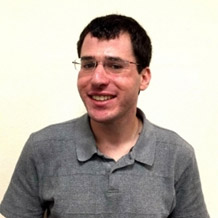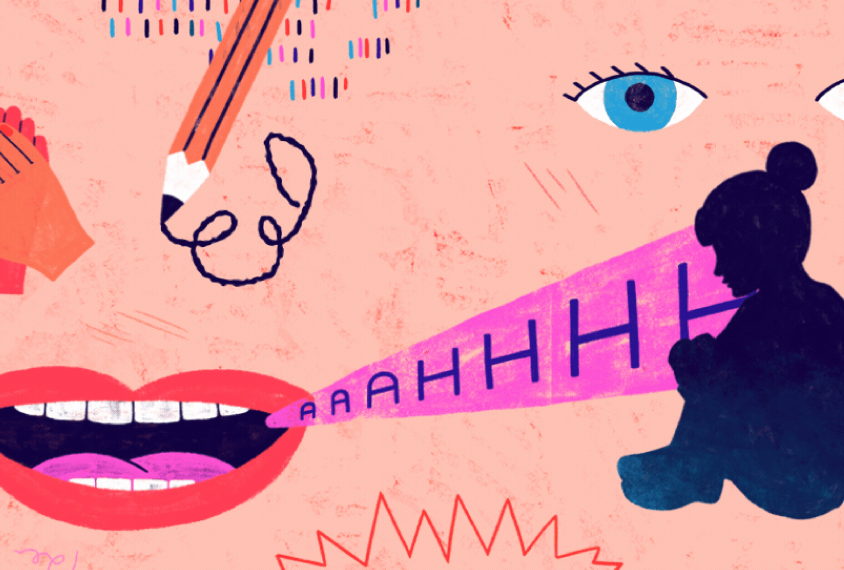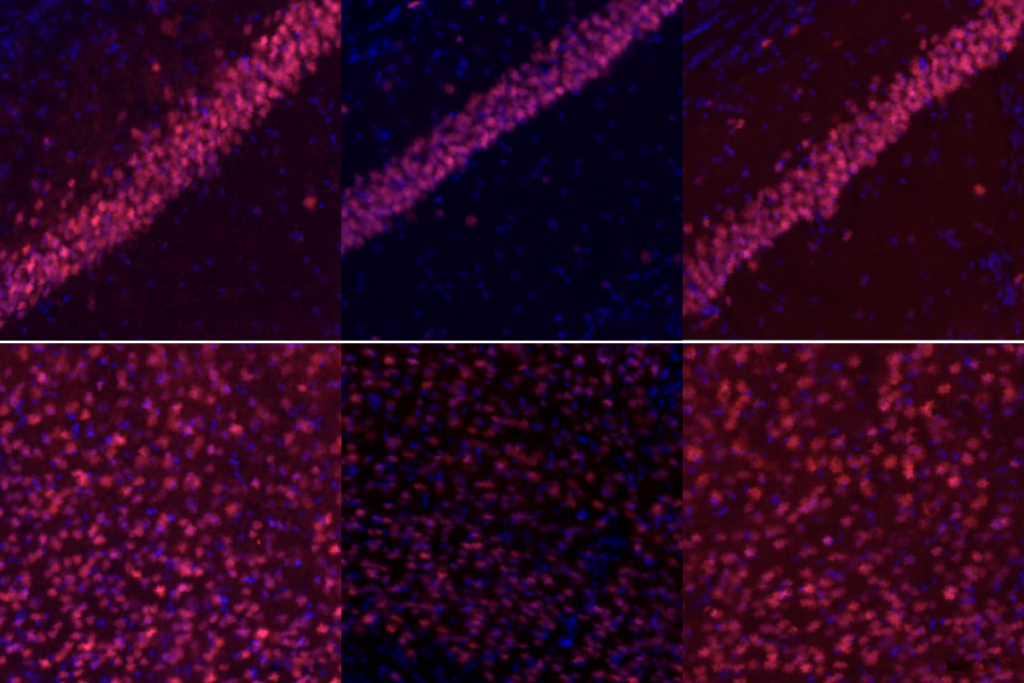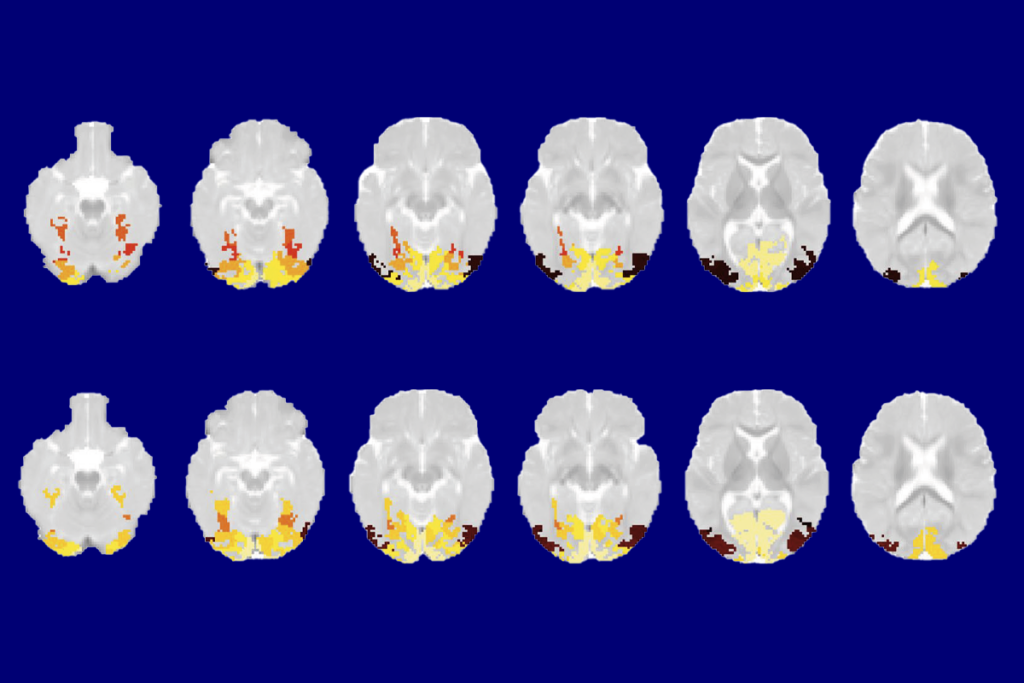Steven Kapp is lecturer in psychology at the University of Portsmouth in the United Kingdom.

Steven Kapp
Research fellow
University of Exeter
From this contributor
Stimming, therapeutic for autistic people, deserves acceptance
Repetitive behaviors such as hand-flapping and spinning may give autistic people a sense of control; instead of discouraging these behaviors, therapists should address triggers upsetting to autistic people.

Stimming, therapeutic for autistic people, deserves acceptance
Explore more from The Transmitter
Marcelle Lapicque: A forgotten pioneer of neuroscience
Lapicque was the first Black female neuroscientist in Europe, new research suggests.
Marcelle Lapicque: A forgotten pioneer of neuroscience
Lapicque was the first Black female neuroscientist in Europe, new research suggests.
In-vivo base editing in a mouse model of autism, and more
Here is a roundup of autism-related news and research spotted around the web for the week of 23 February.

In-vivo base editing in a mouse model of autism, and more
Here is a roundup of autism-related news and research spotted around the web for the week of 23 February.
Infant visual system categorizes common objects by 2 months of age
Brain activity patterns in the ventral visual cortex appear to distinguish images across 12 categories, including birds and trees, longitudinal functional MRI scans suggest.

Infant visual system categorizes common objects by 2 months of age
Brain activity patterns in the ventral visual cortex appear to distinguish images across 12 categories, including birds and trees, longitudinal functional MRI scans suggest.